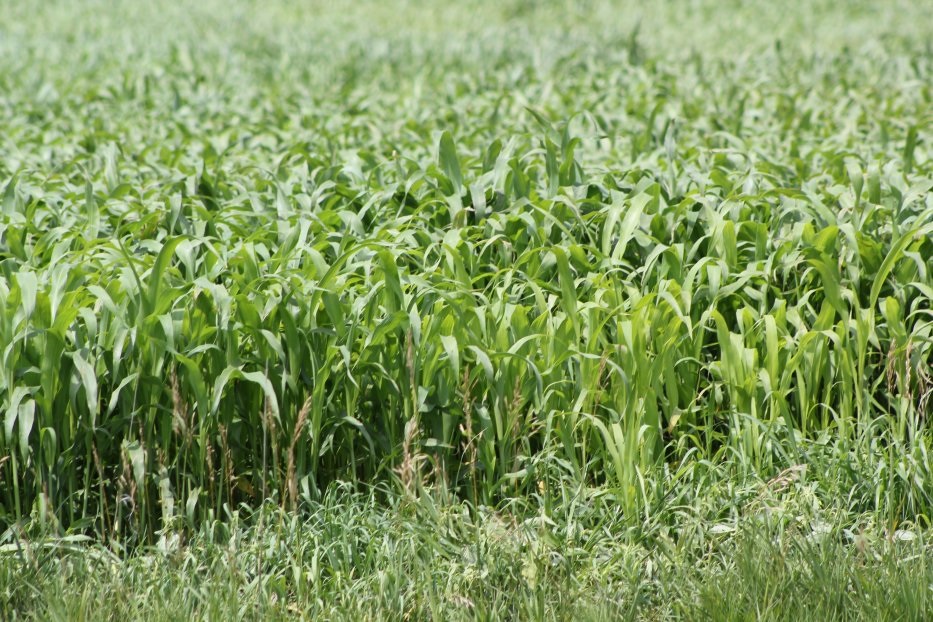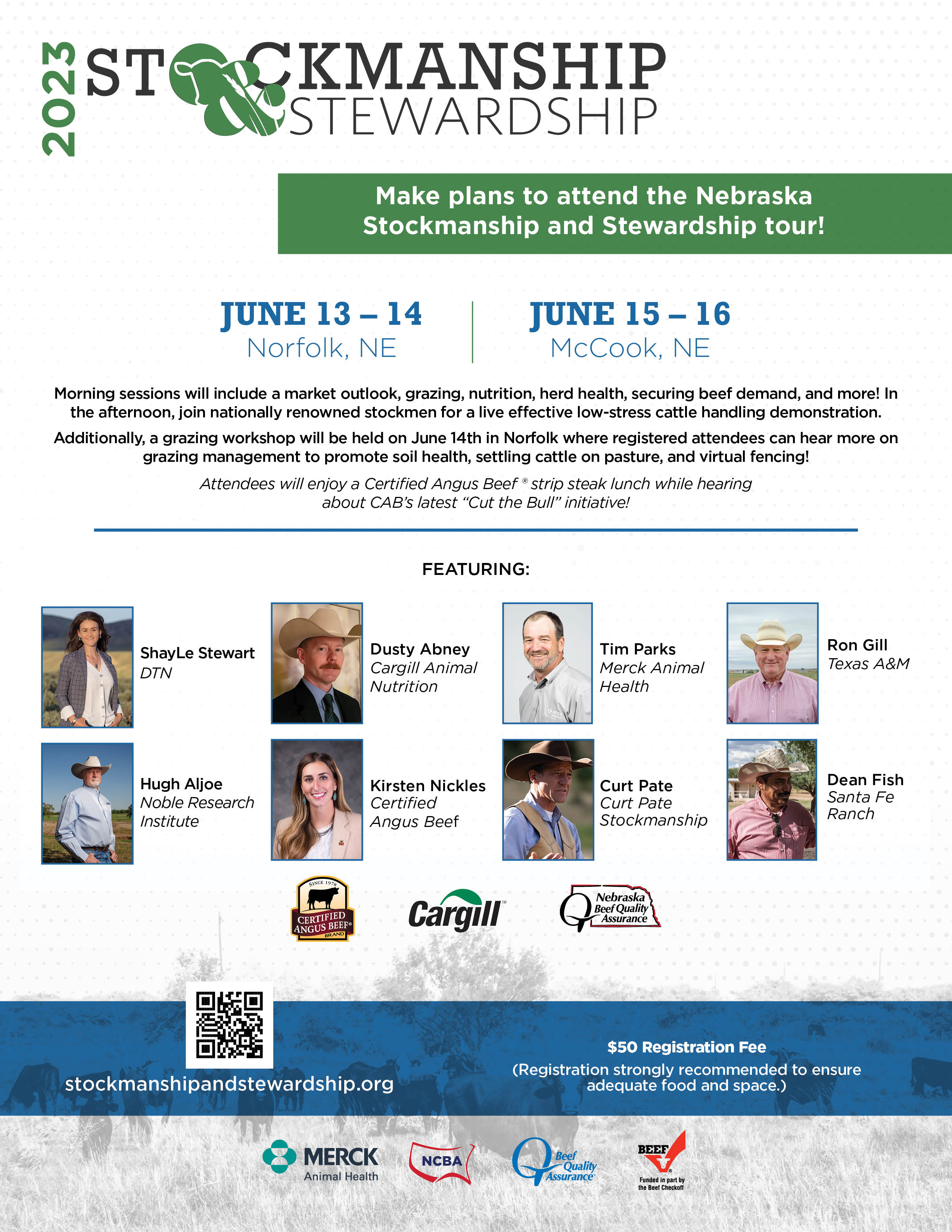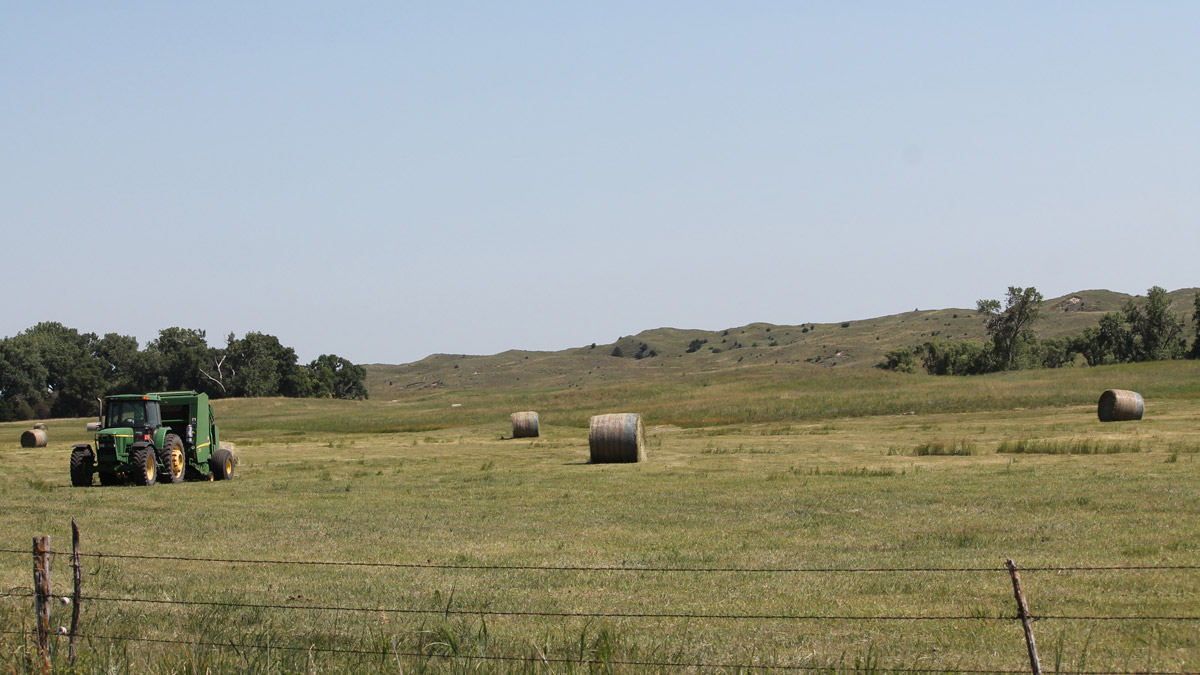

National Stockmanship and Stewardship Events Coming to Nebraska
Nebraska cattle producers have the opportunity to attend one of two, full-day Stockmanship & Stewardship events this June. Both events will offer the opportunity for individuals whose primary language is Spanish to participate in sessions as well.
2023 Eastern Lambing and Kidding School on January 21st
2023 Eastern Lambing and Kidding School on January 21st
The 2023 Eastern Nebraska Lambing and Kidding School on Saturday January 21, 2023 held near Lincoln will feature farm tours, hands-on demonstrations, and presentations by expert speakers.

Farm Service Agency Encourages Producers to Submit Applications for 2022 Grazing Loss Assistance by Jan. 30
LINCOLN, Nebraska, Dec. 19, 2022 – The U.S. Department of Agriculture (USDA) Farm Service Agency (FSA) reminds ranchers and livestock producers if they are interested in accessing financial assistance available due to qualifying drought or fire impacts in 2022, now is the time to contact the county FSA office to learn more about the programs and apply.
